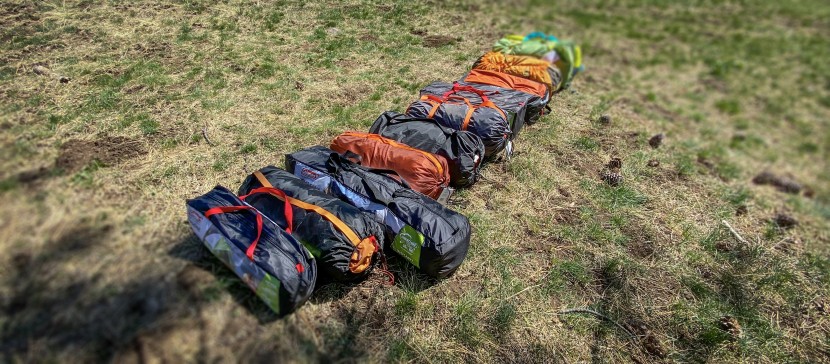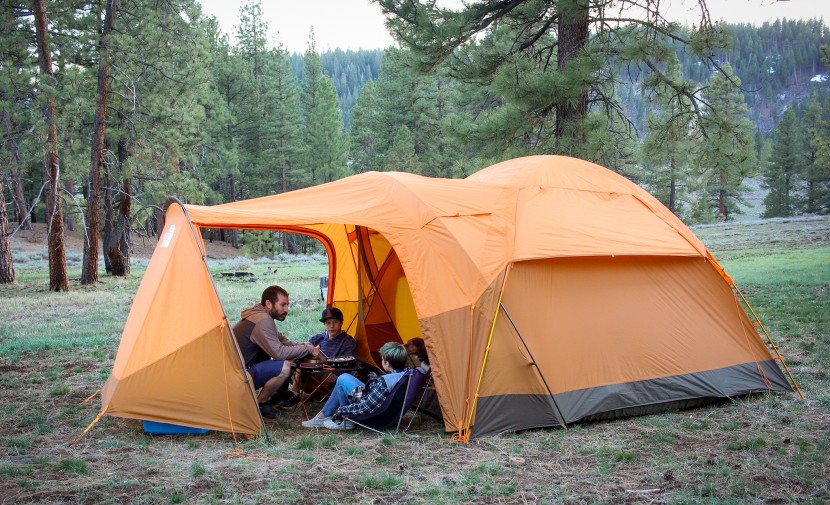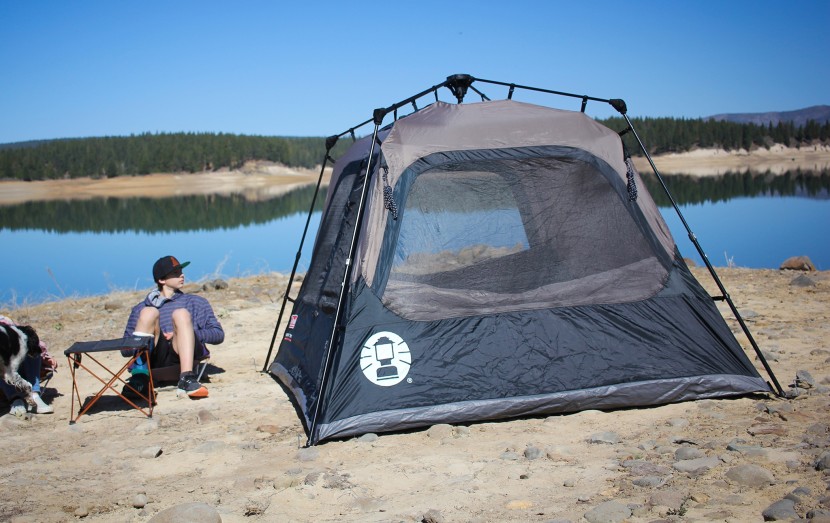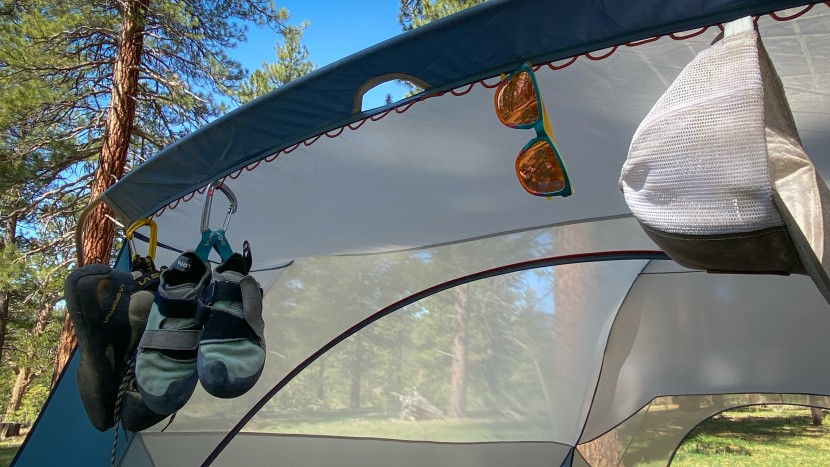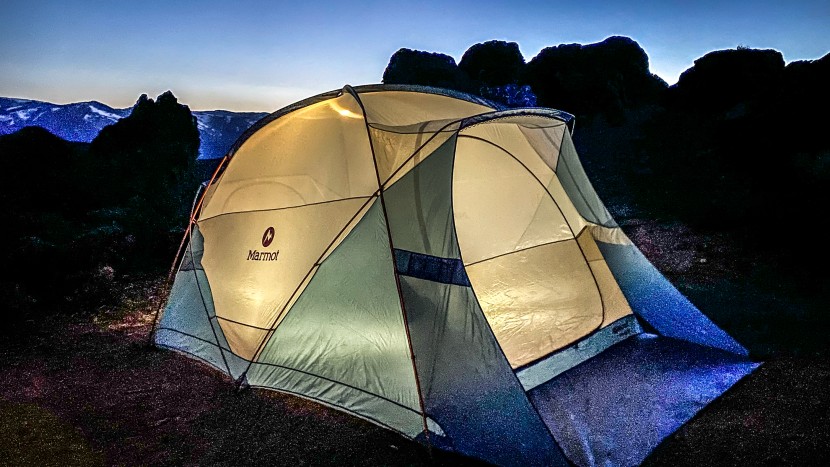At GearLab, we buy everything we test at full price, just like you. That keeps our reviews and thoughts pure and untainted by manufacturers, influencers, and advertising. The reviews you read are based on research and actual use without any agenda other than helping you pick the best product for your needs.
In this review, we tested a variety of tents found at campsites across the country and beyond and put them to the test. Literally. We laid out a testing plan perfected for more than a decade, and then we pitched each tent and went to work. Some of the latest and greatest tents were picked apart, slept in, and subjected to various unique scenarios. Specifically, we looked at five key categories: space and comfort, weather resistance, ease of use, family friendliness, and quality.
Space and Comfort
This category is about size and features — meaning the bigger, more feature-rich, the better. Walk-in closets, powder rooms, and timeout corners score highly here, but they may take a hit when we get to ease of use and weather resistance. When assessing this metric, the primary areas we looked at are the overall use of space (based on stated size), pockets, clips, storage, vestibule space, height/headroom, and how many beds/what size beds will fit. This category accounts for 35% of a product's total score because we believe it to be the most important factor for a happy camping experience.
Weather Resistance
The hot sun, summer rain, or a major gust are all things that happen camping. Will your tent hold its own against them? Though we didn't camp in each tent for weeks at a time or through every single thing mother nature has to offer, we spent several very focused days testing each one and subjecting each to a good sprinkler bath and backpack blower. In the end, materials, shape, and some basic knowledge of physics helped us make our recommendation. Specifically, we analyzed: hot day options, cold day options, rainfly coverage, aerodynamics, stakes, poles, and guylines. This category accounts for 25% of the total score of each product.
Ease of Use
For many, this is a make-or-break category. Getting your tent pitched is only one step in the camping process, and typically, it is one of the first. Will you be starting your trip off on a good foot or by having a yelling match with your new home? Likewise, when your checkout is at noon and you slept in, will you be able to tear everything down in time and remain calm, cool, and collected? Here is what we assessed: total setup time (with two people), total teardown time (with two people and kids watching), if everything fit back into the bag easily, packed size, and packed weight. This category accounts for 15% of the total score.
Family Friendliness
This metric is not just about the proverbial nuclear family. Here we assessed the livability of the tent for a pack. A pack of friends, the girls, or the three-person dog sled team. How comfortably will 3-4 humans and 1-2 furry friends be while using these tents?
Some of the things we considered were: does the tent fit four people comfortably, does it have phone/jewelry/storage options, are there options to clean your feet before entering in a storm, can you and the crew function without stepping on each other, are there multiple rooms for privacy, is it dog/animal friendly? Though many of these tents cross over into other categories, we felt it was important to look at them with the “family-friendly” hat on. This category also accounted for 15% of the total score.
Quality
Though we may wish otherwise, we're not experts in the half-life of nearly every material made, but we have solid experience with various fabrics, poles, and stakes. Likewise, this is where our previous research scouring the internet and reading reviews from hundreds of real-life users discussing where the tents are flawed comes into play. We looked at fabric/material, poles, stakes, bag quality and size, and seams/stitching. This category accounts for 10% of the total score.

